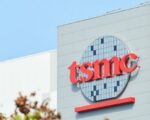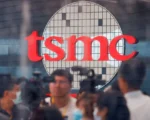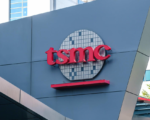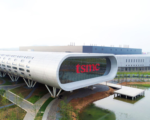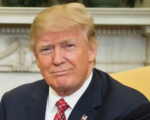US Investment in TSMC Underscores Tensions with China
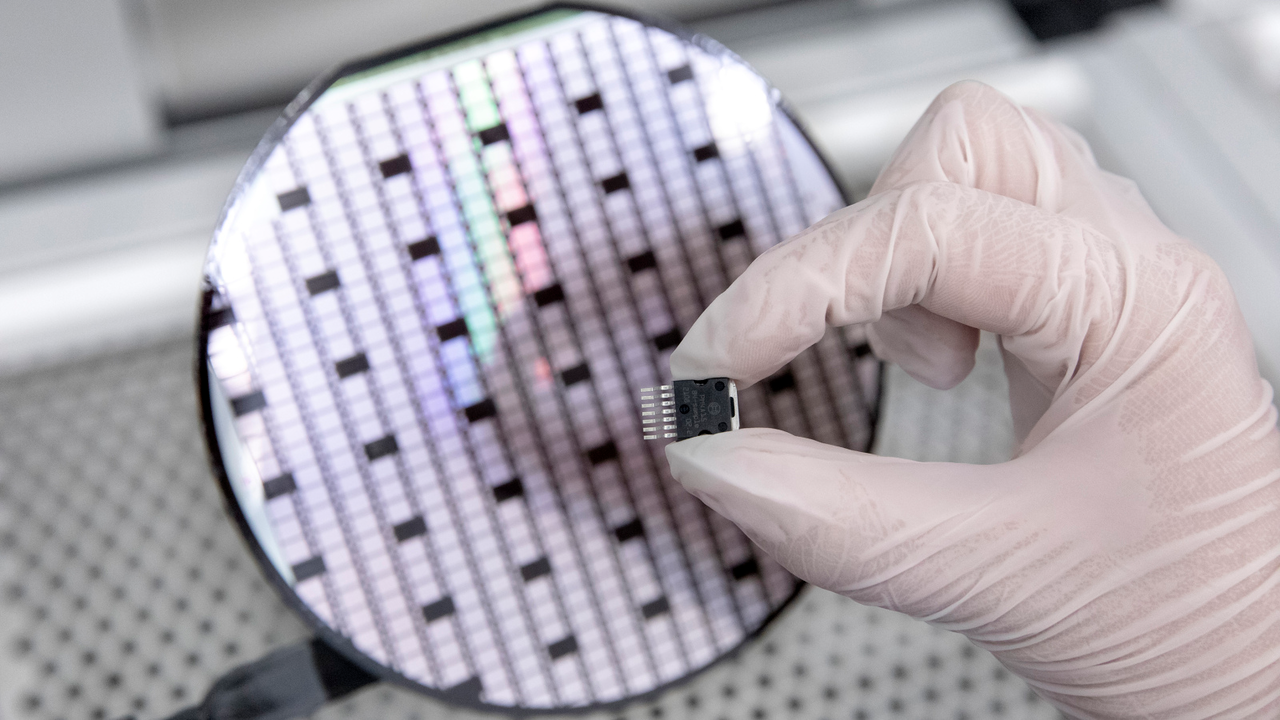
The U.S. Department of Commerce has proposed a significant investment of up to $6.6 billion to fund the construction of a third Taiwan Semiconductor Manufacturing Company Limited (TSMC) fab in Arizona. This move, facilitated by the CHIPS and Science Act, aims to bolster domestic semiconductor production and reduce reliance on foreign supply chains, particularly in light of vulnerabilities exposed by the COVID-19 pandemic.
The proposed fab, expected to focus on cutting-edge 2nm or newer architectures, holds promise for various applications including computing, wireless communications, and AI. TSMC Arizona plans to create more than 20,000 jobs during the construction phase and around 6,000 manufacturing roles once the facility is operational.
President Biden has emphasized the importance of localized manufacturing, especially in critical sectors like semiconductor production. TSMC’s commitment to the U.S. aligns with this agenda, albeit with significant geopolitical implications given the company’s strategic importance and the delicate situation regarding Taiwan.
The U.S. administration’s funding initiatives have primarily targeted domestic firms like Intel, but TSMC’s global significance cannot be understated. As tensions with China loom, there are concerns about the potential impact on the global economy and supply chain disruptions should conflicts escalate.
![]()
While some have floated extreme measures like military intervention to protect semiconductor manufacturing, such actions are highly contentious and pose significant ethical and economic risks. Diversification of the semiconductor supply chain remains a crucial strategy for mitigating potential disruptions.
TSMC’s chairman, Mark Liu, acknowledges the importance of U.S. operations in better serving American customers and advancing semiconductor technology. However, the global nature of the semiconductor industry underscores the need for collaboration and strategic partnerships amidst geopolitical uncertainties.
As the U.S.-China relationship continues to evolve, particularly with the upcoming presidential election, the semiconductor industry remains a focal point of economic and strategic competition. The balance between national security concerns, economic interests, and global cooperation will shape the future of semiconductor manufacturing and supply chain dynamics.






